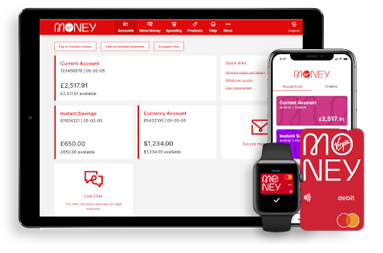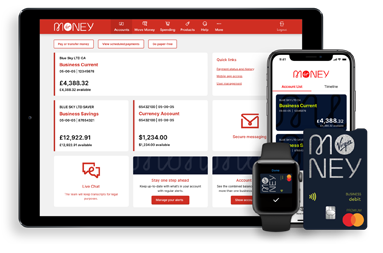Preparing for due diligence by a prospective purchaser
< back to all business news articles
12/07/2017
If you’re planning to put your business on the market, getting it ready for sale beforehand is crucial. You don’t want to be scrambling to put things in order when potential buyers are actually knocking on the door.

Any buyer with business sense is going to do their due diligence (checking everything you say is true) before making an offer. They will have a checklist of things to scrutinise, questions they want to ask and people they want to meet. Being prepared for this will ensure your business is more attractive to prospective buyers, as you’ve thought of all the issues and solutions in advance.
The buyer's perspective
When preparing to sell your business, it’s a great idea to consider things from the buyer’s point of view. What would you look for if you were them? For example, what is your reason for selling? You should have an honest response that doesn’t suggest the need for urgency.
Buyers will look for good cash flow and solid systems with the potential for further growth, so make it clear how your business addresses these needs.
Buyers will also want accurate and complete information to make an informed decision on whether your business is suitable. For example, cash flow projections, past profit and loss accounts and balance sheets, a list of customers and suppliers (often the core value of the business) and any contracts, leases, or other legal documents.
Buyers will also be looking for:
- Good financial records – give your business a numbers makeover so that it’s presented to its best possible advantage. This means accurate financial records, optimal levels of staff and inventory, and tightened control over debtors. Fixed assets (like equipment and vehicles) should work well without needing to be replaced in the near future.
- Healthy profits – go all out to increase sales, follow up leads, call in favours and ask for referrals. Identify what costs you can remove to increase your net profit. Can you buy materials cheaper, switch suppliers of overheads (such as energy and internet costs), or be more efficient with processes so you don’t need as many staff or contractors?
- Great staff – identify key staff and ensure they’re on long term contracts, or happy to keep working for you. When the time is right, they need to know you’re thinking of selling. Review their performance regularly and outline how each person fits into the management structure.
- Physical assets – When you’re getting your business ready for sale, don’t forget the physical aspects. Update your signage and marketing material, so that you make good first impression when buyers come to view your business. Your premises should be immaculate and orderly, with friendly staff and lively activity. New signage, repainting, and implementing a general clean desk policy will help the overall impression.
Remember that, like any other aspect of business, planning and preparation are key to success. When you’re getting ready to sell, try as much as possible to keep the buyer’s point of view in mind, and keep asking yourself – what would I be looking for if I were thinking of buying this business?
Advice and resources
- Check out Entrepreneur's article on preparing your business for sale.
This blog is not financial advice. The content of the blog is reliable at the time of publishing, but we can’t guarantee it is entirely free from error or omission beyond our knowledge. Links are provided for you to explore, but we have no connection with third party sites or responsibility for their content.
POSTED IN: Insurance,Succession,2017
SHARE
Related Articles
You can find impartial information and guidance on money matters on the “MoneyHelper” website.
Clydesdale Bank is covered by the Financial Services Compensation Scheme (FSCS), Find out more.


